Certificates
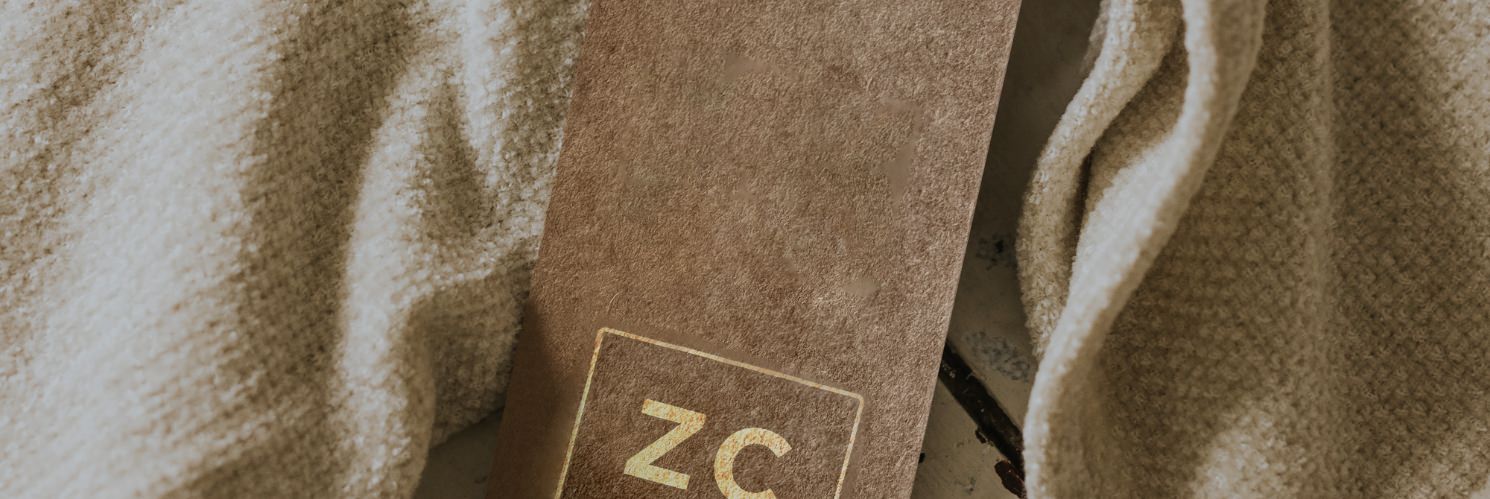
-
BLUESIGN
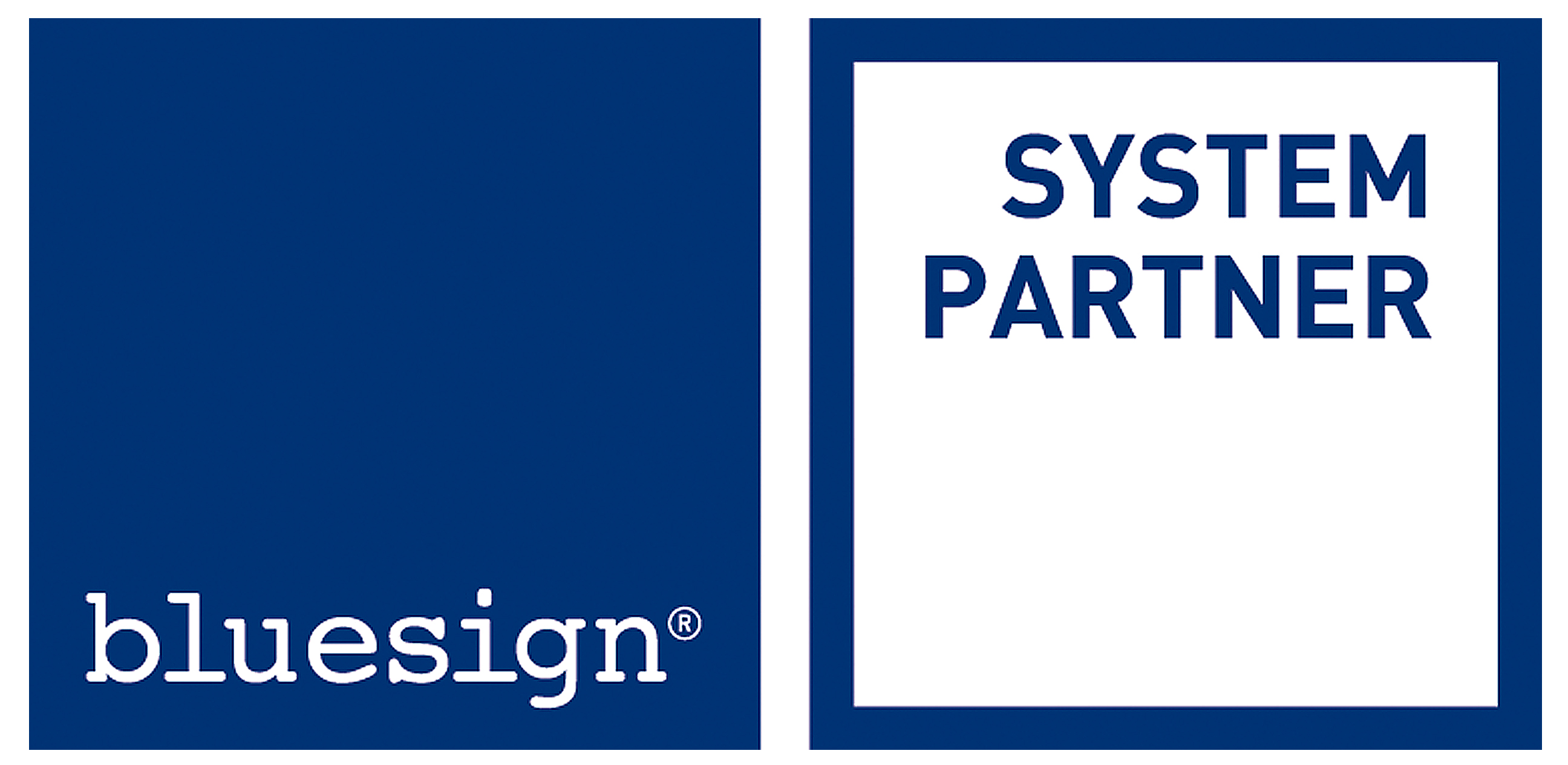
The bluesign® standard is an independent approval system aiming to find solutions for sustainable textile production, minimizing the environmental impact in the manufacturing process, and protecting human health.
Bluesign partner companies agree to establish sustainable management systems by following the following five principles:
Resource efficiency: To produce high-quality textile products by minimizing resource consumption and reducing environmental impact.
Consumer Safety: Production of high-quality products that do not pose a health risk to workers and consumers.
Water Management: Using of sustainable materials, operations optimization, and wastewater treatment technologies are effective methods.
Air emission: bluesign® system aims to minimize air emissions by placing sensitive and restrictive criteria in material and process selections, as in other principles.
Occupational health and safety: Careful and safe use of chemicals in production. Within the scope of the bluesign® system, training programs are prepared for employees regarding the storage and transportation of harmful substances. -
OEKO-TEX

OEKO-TEX 100 is a world-renowned testing and certification system that confirms that textiles are tested for harmful chemicals at all production stages.
OEKO-TEX® product labels are given to textile products that have been tested against harmful substances and are produced with environmental friendliness and social responsibility awareness. It represents customer trust and high product safety.
Our Oeko-Tex certification is according to Class 1 Annex 6.
Product classes are determined according to their intended use. Product class 1 includes products for infants and has the most stringent requirements and limit values.
Annex 6 is complemented by further and often more stringent requirements to provide better environmental performance during production.
We regularly renew our OEKO-TEX 100 certificate every year. As new products are added to sustainable products all the time, we are expanding our certification scope in this direction.
-
GOTS
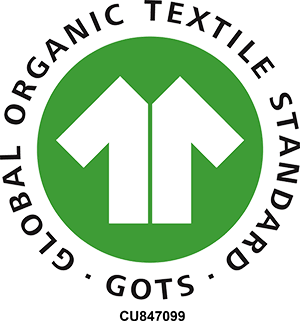
The Global Organic Textile Standard (GOTS) is the leading worldwide textile processing standard for organic fibers, including ecological and social criteria, that certifies the entire textile supply chain with independent certification.
This standard has rules that guarantee that the raw material used in the field of textile is the standard of organic production in the process from the harvest to the labeling of the product.
GOTS certification is based on four features: organic fibers, ecological and social criteria, production processes, and accreditation by independent organizations.
The GOTS certification helps ensure compliance with the 17 UN Sustainable Development Goals and actively collaborates with all relevant stakeholders.
-
OCS
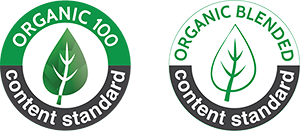
The Organic Content Standard (OCS) is an international, voluntary standard that sets requirements for third-party certification of certified organic input and chain of custody. The primary goal of OCS is to increase organic farming production.
OCS applies to all non-food products containing organic matter. It verifies the presence and amount of organic matter in the final product and monitors the raw material flow from the source to the final product.
-
GRS-RCS
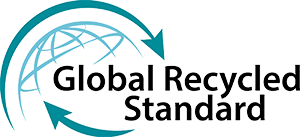
The Global Recycled Standard (GRS) and Recycled Claim Standard (RCS) are product standards created to monitor and verify the recycling content in the end product throughout the supply chain.
It helps provide a greener supply chain for businesses and improve issues such as Traceability, Environmental Principles, and Social Requirements.
-
ZDHC
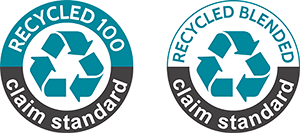
ZDHC is a collaborative program of brands, value chain members, and affiliates committed to completely removing harmful chemicals from the textile and footwear value chain. These organizations aim to advance toward zero toxic chemical waste in value chains by investing in technology and innovations and to protect the environment and human health.
The first step in preventing wastewater pollution is for the facilities to stop using harmful chemicals using chemical formulas suitable for the restricted chemical list. Facilities must then ensure that the wastewater is free of chemicals before discharge.
As Zeynar, we perform our self-evaluation at the foundational stage at ZDHC.
In this context, necessary follow-ups are carried out. In this direction, corrective/preventive actions are carried out.
-
Higg – Index
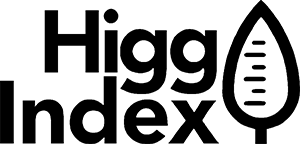
The Higg Plant Environment Module (Higg FEM) is a sustainable assessment tool that standardizes how facilities measure and evaluate their environmental performance each year. Facilities must complete and submit the Higg FEM annually.
Zeynar completes the Higg FEM once a year within the scope of the Higg Index.
-
BCI
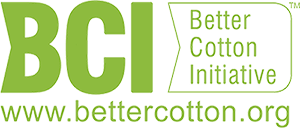
BCI was established with a unique intent by stakeholders from the cotton industry. It offers an inclusive and efficient approach to more sustainable cotton production through continuous improvement, potentially reaching large numbers of farmers globally and driving transformational change. The main aim is to maximize impact through scale and create a mainstream solution to the persistent sustainability problems of the cotton industry. Therefore, from its inception, the Better Cotton Standard System has differed from traditional certification systems by going beyond compliance and emphasizing capacity building and continuous improvement.
-
TEXTILE EXCHANGE
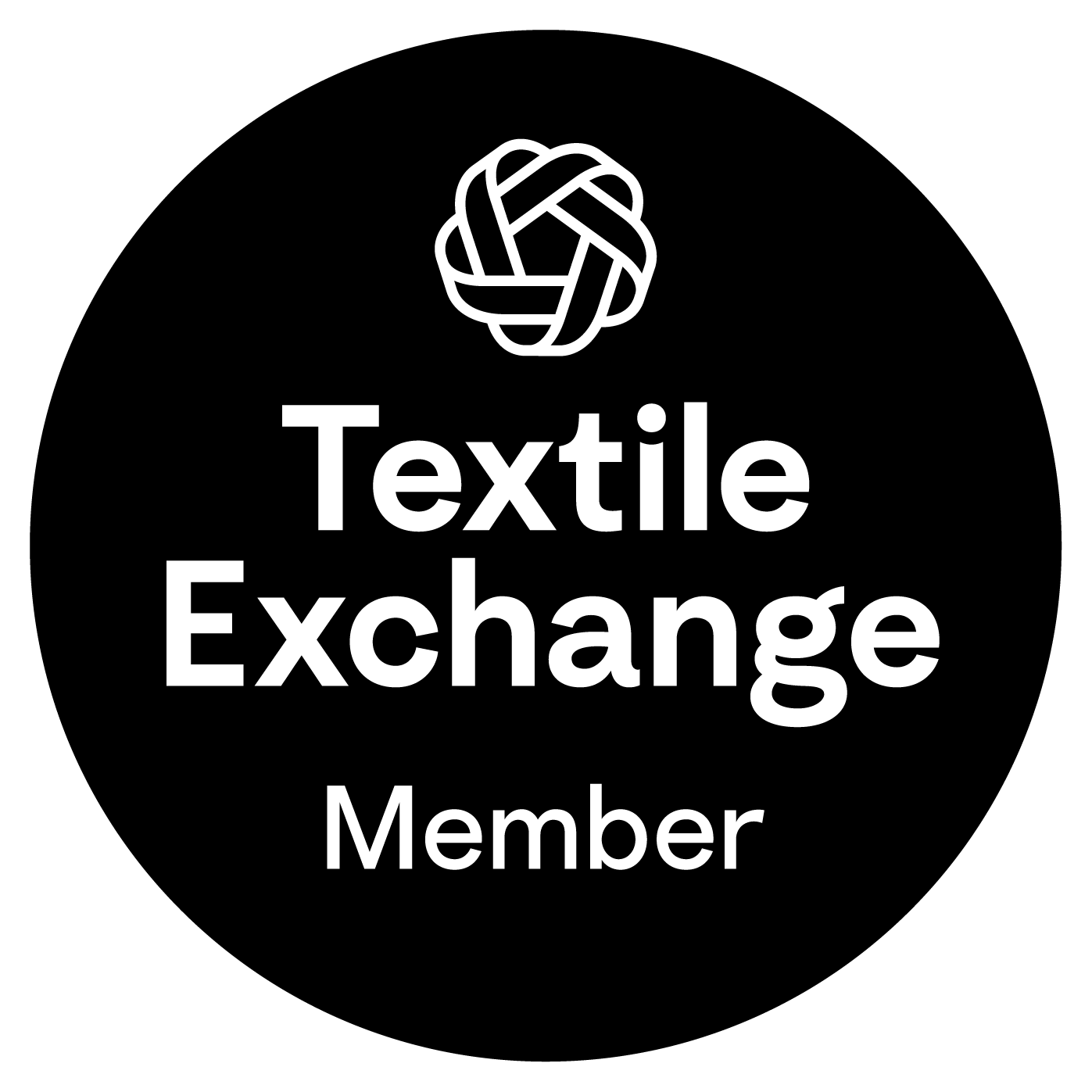
Textile Exchange is a global non-profit driving positive action on climate change across the fashion and textile industry. They guide and support a growing community of brands, retailers, manufacturers, farmers, and others committed to climate action toward more purposeful production, right from the start of the supply chain.
